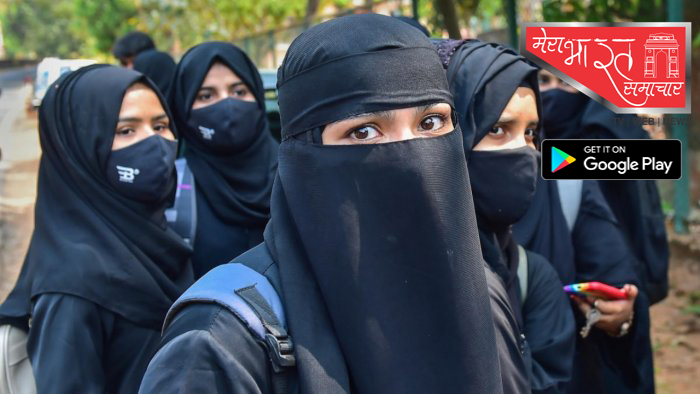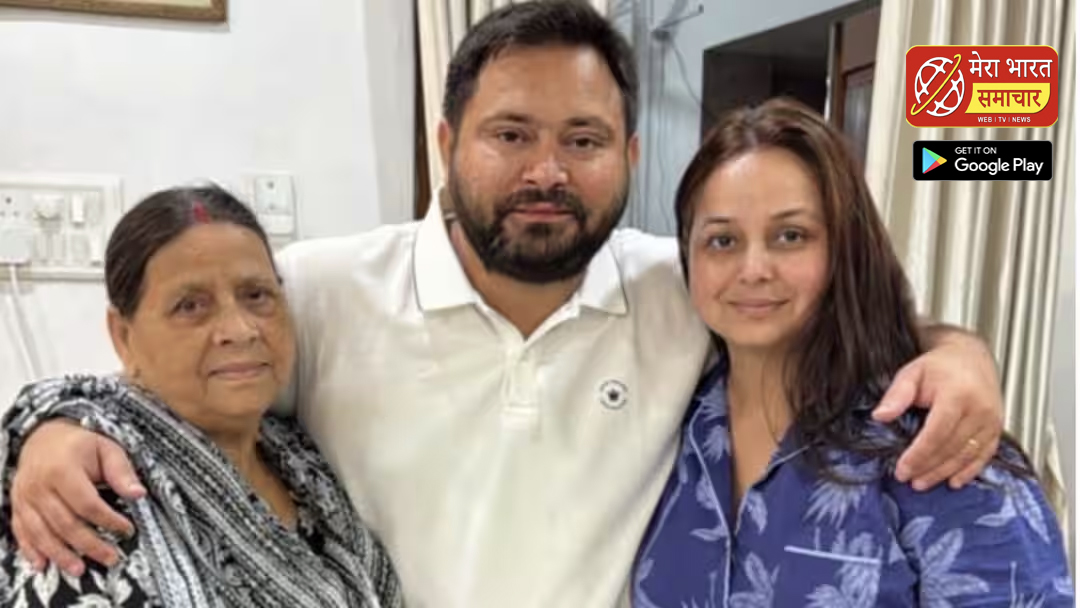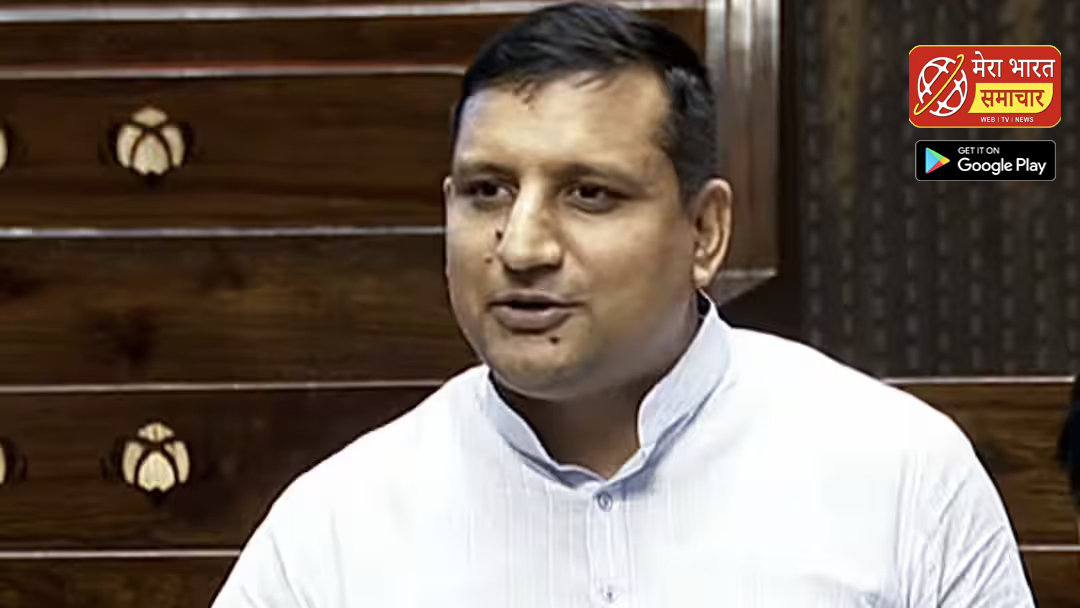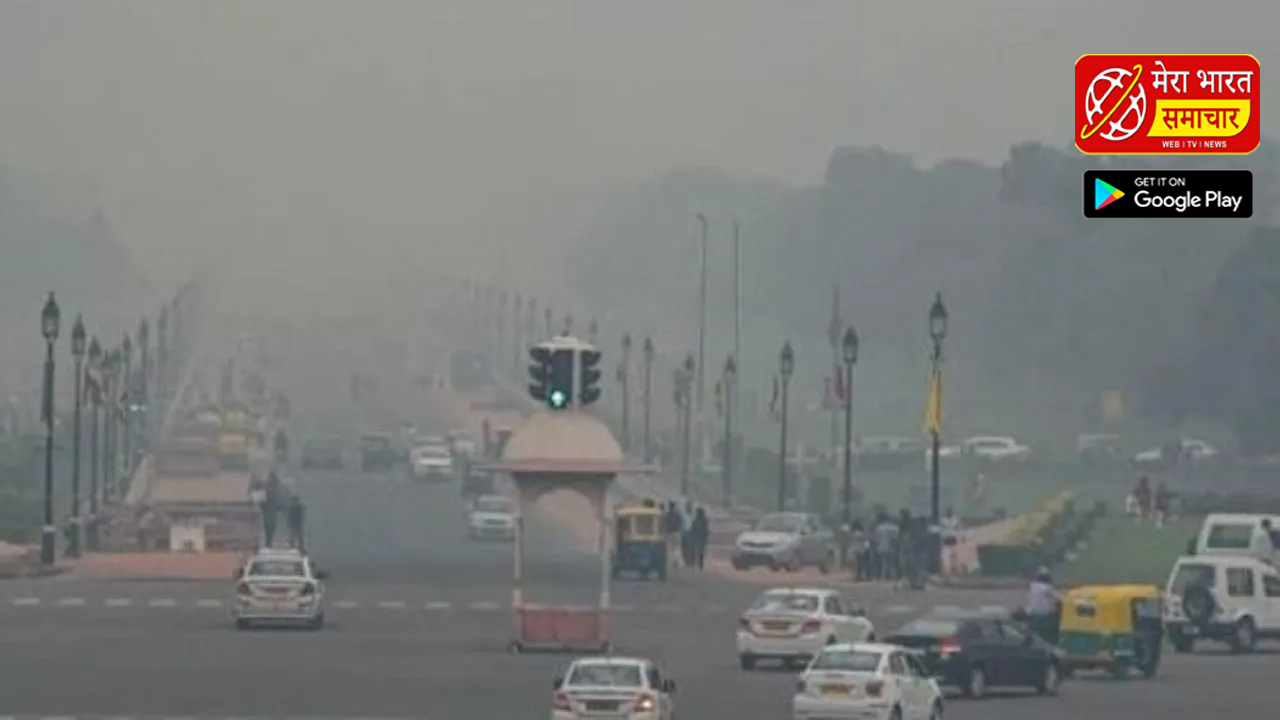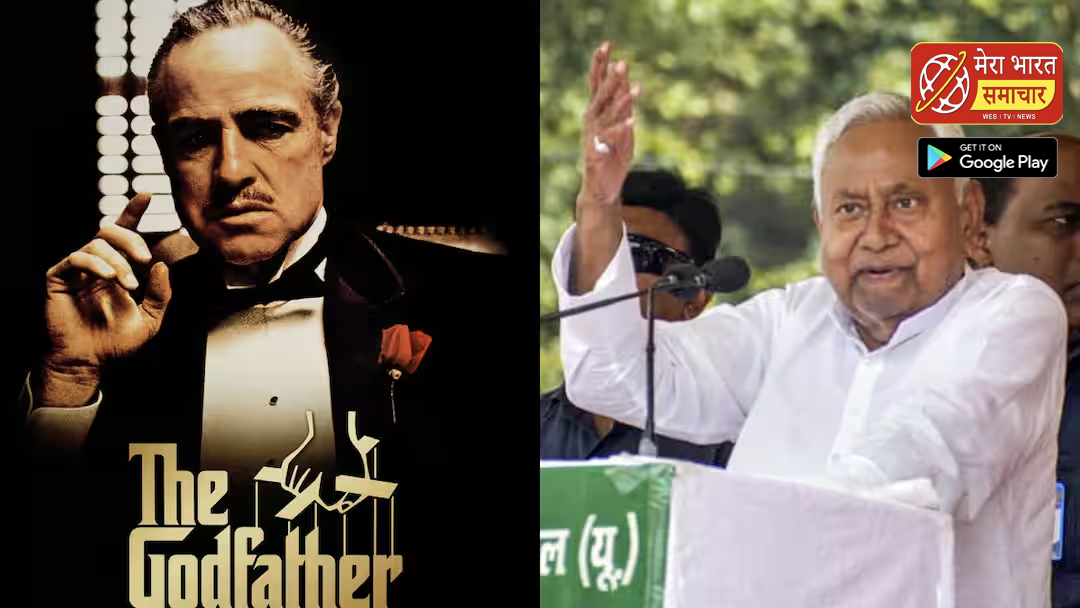Delivering a split verdict in the Karnataka hijab ban case, the Supreme Court on Thursday dismissed the petitions challenging the old Karnataka High Court order upholding the hijab ban in educational institutions, while another Justice Sudhanshu Dhulia allowed them. “There is a divergence of opinion,” said Justice Hemant Gupta, who then asked 11 questions to the petitioners before dismissing their plea. He said he agrees with the Karnataka High Court’s order.
“It’s ultimately a matter of choice and nothing else. Uppermost in my mind was the education of the girl child. I respectfully disagree with my brother judge,” Justice Dhulia said.
Supreme Court Justice Hemant Gupta, while dismissing the petitions against the hijab ban, also referred the matter to the Chief Justice Of India for ”appropriate direction.”
“It’s a matter of choice, nothing more, nothing less,” Justice Dhulia said while pronouncing the order.
Welcoming the SC verdict, Karnataka’s minister BC Nagesh said, “We welcome the Supreme Court verdict. We had expected a better judgement as women worldwide are demanding to not wear hijab/burqa. Karnataka HC order remains applicable in interim time; the ban on wearing of hijab in educational institutions of the state remains.”
Meanwhile, advocate Barun Sinha representing the Hindu side said, “In view of a split verdict by the Supreme Court, the order of the Karnataka High Court will remain applicable in the interim time.”
“The operative part of the order says that the matter has to be placed before the Chief Justice of India for the constitution of a larger bench or another bench,” Advocate, Ezaz Maqbool, the lawyer for the main petitioner side.
The top court passed the order in response to various petitions challenging the Karnataka High Court order which upholds the ban on Hijab in educational institutes. Various petitioners have approached the apex court challenging the Karnataka HC order upholding the Karnataka government`s order which directs strict enforcement of schools and colleges` uniform rules.
One of the appeals in the top court has alleged “step-motherly behaviour of government authorities which has prevented students from practicing their faith and resulted in an unwanted law and order situation”.
The appeal said the High Court in its impugned order “had vehemently failed to apply its mind and was unable to understand the gravity of the situation as well as the core aspect of the Essential Religious Practices enshrined under Article 25 of the Constitution of India”.
A bench of Karnataka High Court comprising Chief Justice Ritu Raj Awasthi, Justice Krishna S Dixit, and Justice JM Khazi had earlier held that the prescription of uniform is a reasonable restriction that students could not object to and dismissed various petitions challenging a ban on Hijab in education institutions saying they are without merit.
The Hijab row erupted in January this year when the Government PU College in Udupi allegedly barred six girls wearing the hijab from entering. Following this, the girls sat in protest outside the college over being denied entry.
After this, boys from several colleges in Udupi started attending classes wearing saffron scarves. This protest spread to other parts of the state as well leading to protests and agitations in several places in Karnataka.
As a result, the Karnataka government said that all students must adhere to the uniform and banned both hijab and saffron scarves till an expert committee decided on the issue.
On February 5, the pre-University education board released a circular stating that the students could only wear the uniform approved by the school administration and no other religious attire would be allowed in colleges.

